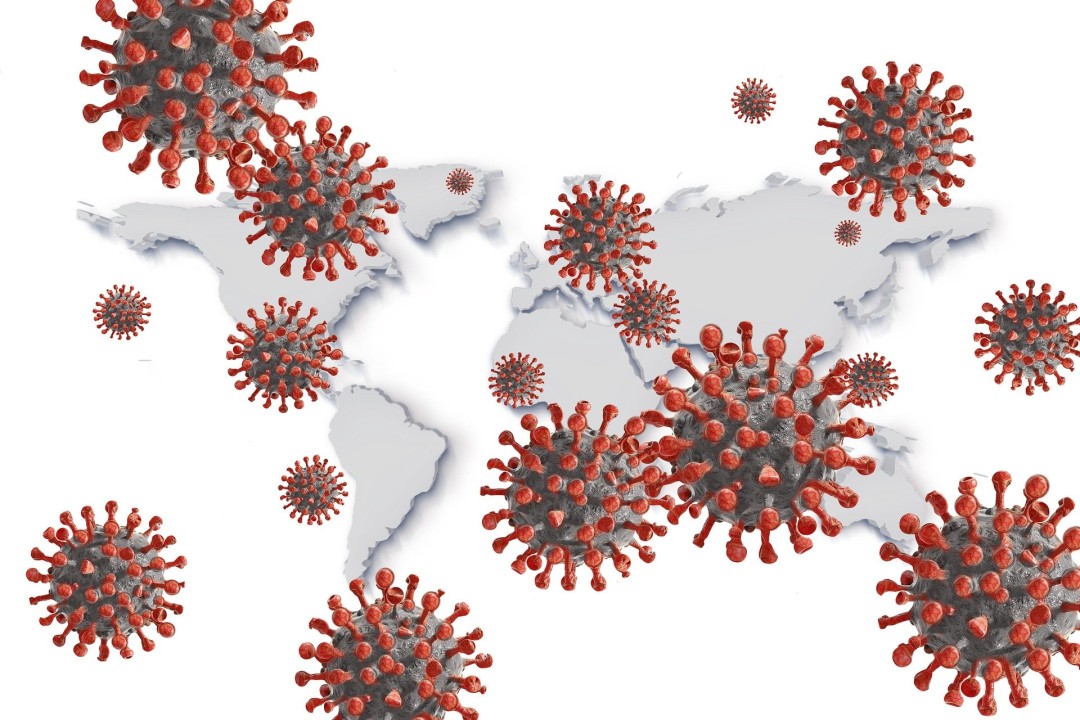Global Health at Risk: The Escalating Threat of Antimicrobial Resistance and Its Implications
Antimicrobial resistance (AMR) is a pressing global health concern, and its implications are profound, affecting countries worldwide. The rise of resistant pathogens undermines the efficacy of antibiotics, making once-treatable infections potentially deadly. This phenomenon poses a significant threat to modern medicine, jeopardizing the success of surgeries, chemotherapy, and the management of chronic diseases. Globally, the misuse and overuse of antibiotics in both humans and animals are significant drivers of resistance. In many parts of the world, antibiotics are available over-the-counter without a prescription, leading to self-medication and inappropriate use. This practice not only increases the likelihood of resistance but also poses a risk of adverse drug reactions and complications. Additionally, in several countries, antibiotics are extensively used in agriculture to promote growth and prevent disease in livestock, further contributing to the problem.
The lack of stringent regulatory frameworks in many regions exacerbates the issue. Inadequate enforcement of existing laws and the absence of comprehensive national policies to regulate antibiotic use contribute to the growing threat of AMR. Furthermore, healthcare infrastructures often lack the necessary resources to ensure proper infection control measures and hygiene practices, particularly in low- and middle-income countries. These gaps in healthcare services facilitate the spread of resistant infections. According to the World Health Organization, antimicrobial resistance (AMR) is a leading global threat to public health and development. In 2019, bacterial AMR was estimated to be directly responsible for 1.27 million deaths worldwide and contributed to 4.95 million deaths.
In Pakistan, the situation mirrors these global challenges, with a high burden of infectious diseases such as tuberculosis, malaria, and typhoid fever. The overuse and misuse of antibiotics, combined with inadequate regulatory frameworks and healthcare infrastructure, amplify the threat of AMR. Many healthcare facilities in Pakistan lack access to advanced diagnostic tools, resulting in empirical treatment where broad-spectrum antibiotics are prescribed without confirming the causative pathogen. Such practices not only fuel resistance but also lead to higher healthcare costs and prolonged hospital stays.
Diagnostic capabilities play a crucial role in the global fight against AMR. Timely and accurate diagnosis can guide appropriate antibiotic use, reducing unnecessary prescriptions and curbing the development of resistance. Unfortunately, many healthcare facilities worldwide lack access to advanced diagnostic tools. This results in empirical treatment and the over-prescription of broad-spectrum antibiotics, which drives resistance and increases healthcare costs. Public awareness and education are also pivotal in combating AMR globally. There is a need for concerted efforts to educate healthcare professionals, patients, and the general public about the dangers of antibiotic misuse. Initiatives that promote rational antibiotic use, adherence to prescribed treatments, and the importance of vaccination can significantly reduce the burden of resistant infections.
Tag Here
